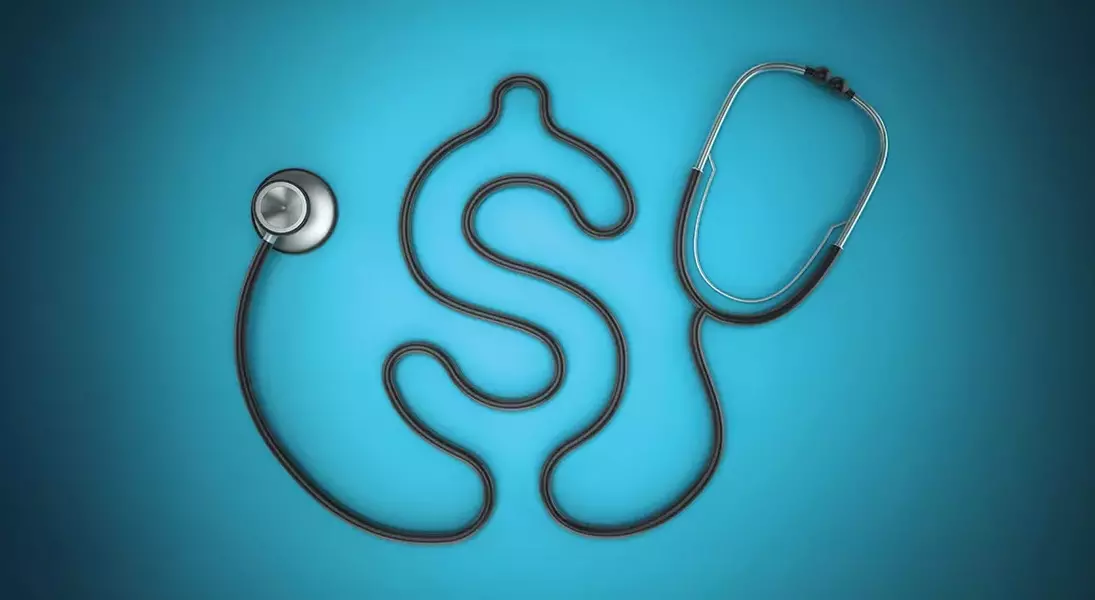
Unveiling the Path to a Thriving Healthcare Northwest Arkansas
Progress in Out-Migration Reduction
In 2019, Northwest Arkansas faced an annual loss of $950 million due to healthcare migration. However, between 2019 and 2021, there has been a remarkable improvement of $250 million. This indicates a positive start in stemming the outflow of healthcare dollars. Mercy and Washington Regional's expansion of residency slots by 35% has also played a crucial role. While fewer people are leaving the region for care, the inflow of patients remains relatively low, except at Arkansas Children's Northwest which opened in Springdale in 2018 and has seen an influx of patients from surrounding areas. Umbach's experience in 50 regions shows that with the right strategies, like those in Spokane and Evansville, the region can achieve parity by 2040.These efforts are not just about numbers; they represent a shift in the healthcare landscape of Northwest Arkansas. By reducing out-migration and increasing local care options, the region is taking significant steps towards self-sufficiency in healthcare.
Trauma Center Aspirations
Washington Regional is currently the only Level 2 trauma center in the region, with the closest Level 1 center being 130 miles away in Springfield, Mo. This lack of a local Level 1 trauma center could potentially slow the growth of the region's mountain biking economy. However, Washington Regional is working towards becoming a Level 1 trauma center in the next few years. The gap analysis of the region's trauma care infrastructure is expected to be completed by June, followed by a strategy to secure funding and support within two years. Stakeholders believe that by 2030, the region will have a Level 1 trauma care system, which could attract specialized clinicians and researchers.The pursuit of a Level 1 trauma center is a crucial step in enhancing the healthcare capabilities of Northwest Arkansas. It will not only provide better care for local residents but also position the region as a leader in trauma care.
Workforce Challenges and Solutions
The biggest hurdle for Northwest Arkansas to become a healthcare destination is the shortage of funds. Care reimbursement formulas and workforce challenges make it difficult to recruit and retain doctors and specialists when pay is lower than in neighboring states. The Heartland Whole Health Institute is working with all the players in the region to facilitate conversations and partnerships with respected institutions like the Cleveland Clinic for cardiac care. The Alice Walton School of Medicine is training doctors with a unique curriculum that combines holistic and traditional care.However, even if the region can train and retain more doctors and specialty care, it won't be enough without a growing healthcare workforce. Umbach emphasizes the need to create a pipeline through junior high and high school curricula to attract more students to healthcare careers. The high-paying technology jobs that allow remote work pose a challenge in attracting college students to healthcare. But by addressing this issue, the region can ensure a sustainable healthcare workforce for the future.
The Need for a New Healthcare Model
Umbach warns that simply spending billions on healthcare without creating healthier patients is not the answer. The region needs a new model where healthcare leads with health, not just treats the sick. By focusing on prevention and holistic care, Northwest Arkansas can build a healthcare system that is more sustainable and effective.This new model requires a shift in mindset and a commitment to investing in preventive care. It is about moving away from a reactive approach to healthcare and towards a proactive one that focuses on the well-being of the community.
